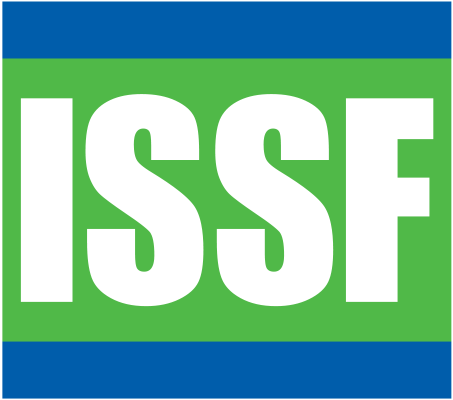In Conclusion
This module has described some of the duties an observer will be called upon to perform while at sea. Depending on the observer program, additional scientific sampling or MCS (monitoring, control, and surveillance) activities may also be required. This information is only a guide or refresher and should not be considered a substitute for robust, in-person training. Indeed, increasing attention is being paid to the role of observers in fisheries management because RFMOs are realizing that quality observing is a critical component of scientific assessments and effective MCS.
By completing this online module, you are ensuring that the vessels on which you act as an observer are compliant with the ISSF observer training measure.[1] This allows those vessels to do business with the ISSF Participating Companies, which are interested in sourcing from environmentally responsible practitioners.
This guidebook for observers is a living document that will continue to be updated to reflect the state of the art. ISSF welcomes suggestions to improve the guidebook or ideas for further
- The ISSF measure can be achieved by being trained in one of the RFMO or national observer programs. However, in that case, this training module can also be helpful as a refresher.

